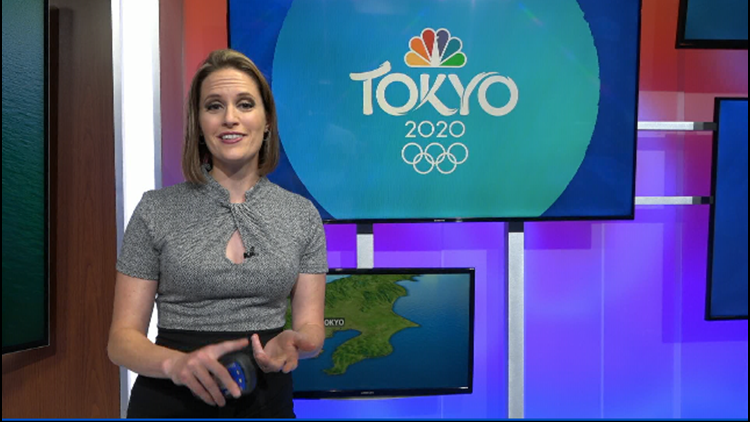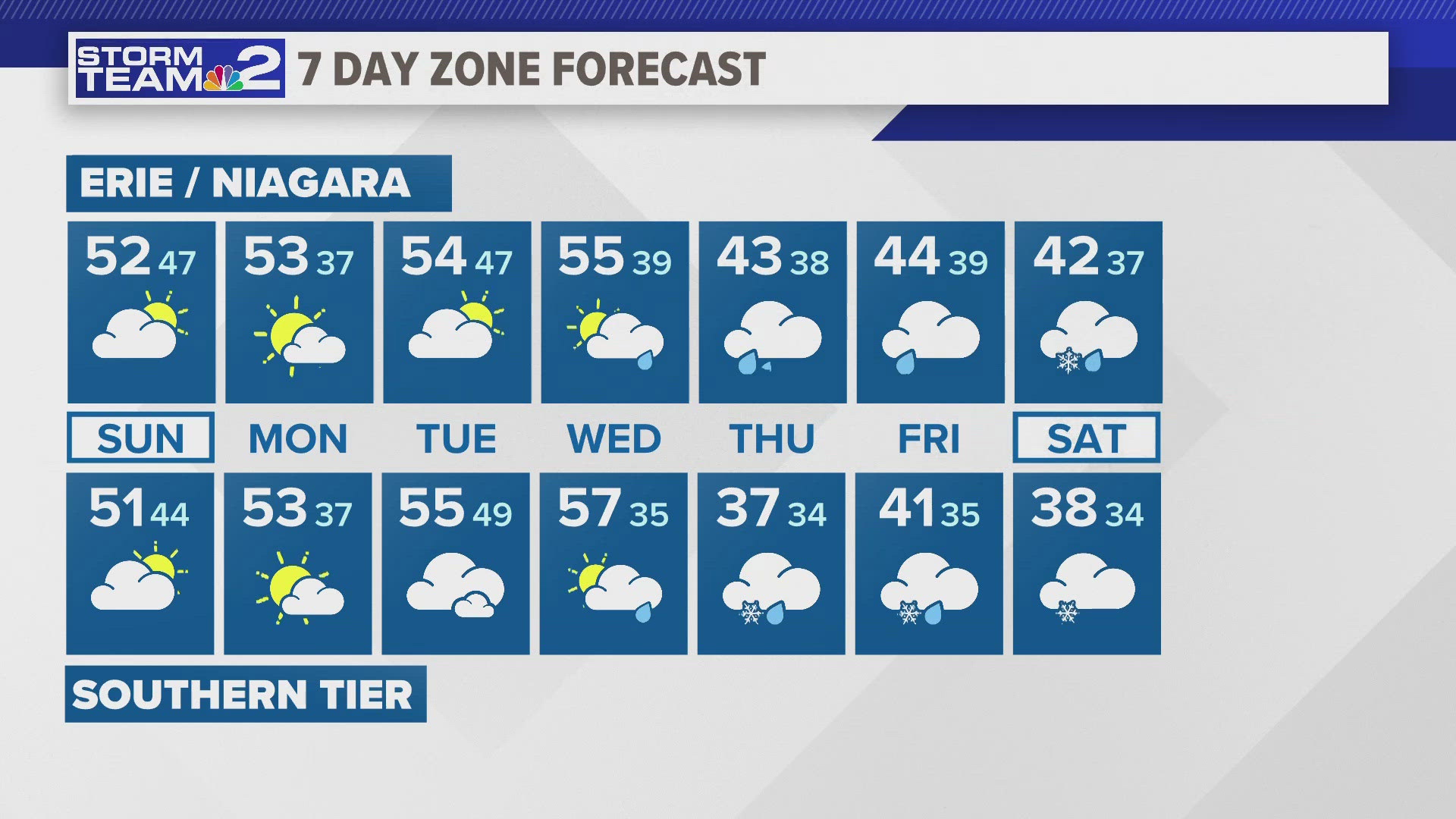BUFFALO, N.Y. — When Tokyo, Japan was tapped to host the 2020 Olympics it was already a given that the games would be played in some pretty toasty conditions. But the combination of an already hot region and increasing global temperatures due to climate change may very well make this year’s Games the hottest on record.
But let’s start with the “normal” weather for the area.
Tokyo is located on the eastern shore of Japan. The city’s latitude is comparable to Los Angeles, so it’s pretty far south. That combined with the coastal location makes for a very warm, humid and occasionally rainy climate.
Average high temperatures are in the upper 80s in late July and early August. Low temperatures tend to stay in the mid 70s. On average, Tokyo sees close to 60 inches of rainfall each year. For comparison, Buffalo gets close to 40 inches of rain in a year.
Those averages are all based on 30 years of temperature data from 1991 to 2020, but the trend going back 50 to 100 years shows that Tokyo’s average temperature is increasing two to three times faster than the rest of the planet’s. That means human-caused climate change is forcing temperatures in the largest city in the world up at an alarming rate.
Officials have been concerned about the potential for dangerous heat and the effect it may have on athletes for a couple of years. Back in October 2019, the decision was made to move the marathon and race walking events from Tokyo to Sapporo, a city 500 miles north. Start times for several other events have also been moved up.
New episodes of Heather’s Weather Whys are posted to the WGRZ YouTube channel every Wednesday evening.
If you have a weather question for me to answer, send it to heather.waldman@wgrz.com or connect with me on Facebook or Twitter.



